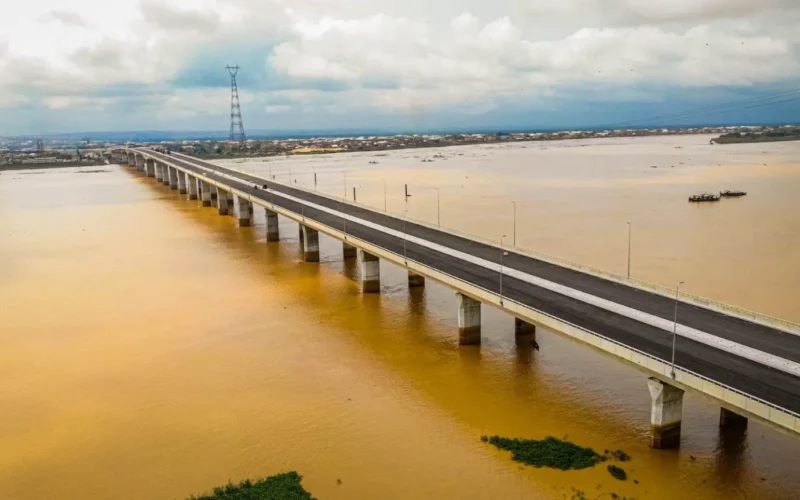The Federal Executive Council (FEC) approved road infrastructure contracts totaling approximately N4.2 trillion, covering key highways and bridges across Nigeria, including access roads to the Second Niger Bridge. Minister of Works, Engr. David Umahi, detailed several projects, which aim to enhance connectivity, road safety, and economic growth, with a focus on concrete pavements for long-term durability.
Notable allocations include:
- Lagos-Calabar Coastal Highway: N1.334 trillion for a 130-kilometer dual carriageway, with construction in Lagos, Ogun, and Calabar.
- Delta and Anambra State Access Roads to the Second Niger Bridge: N470.9 billion for Delta and N148 billion for Anambra.
- Lagos-Ibadan Expressway (Phase 2, Section 1): N195 billion for reconstruction to ease traffic.
- Abuja-Kano Road: N305 billion for reconstruction with solar street lighting.
- Lokoja-Benin Road: N305 billion for rehabilitation, fully using concrete.
- Third Mainland and Carter Bridges: N3.571 billion for structural assessment to prevent further deterioration.
The FEC also approved smaller projects, such as the Ado-Ekiti-Igede Road (N5.4 billion) and Onitsha-Owerri Expressway (N22 billion).
In addition to these road projects, the FCT (Federal Capital Territory) received N159.5 billion for five key projects, including new roads and rehabilitation to improve accessibility within Abuja and its satellite towns. These projects aim to boost urban development and economic activity.
Umahi assured the public that cost-effective, durable infrastructure would be delivered, emphasizing that concrete roads were more economical in the long run. He also addressed concerns about project transparency, assuring that only credible contractors had been selected.









